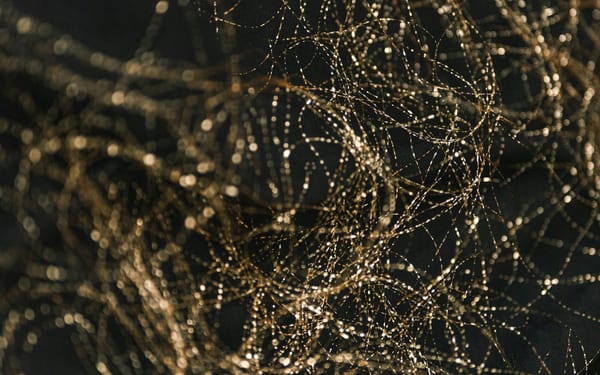Understanding The Taoist Concept Of The 'Baby' State
Making a key concept from Taoist philosophy relevant today

When reading Taoist philosophy you will often come across references to the ‘baby state’ or the ‘infant state’. It is worth briefly pointing out that any mention of this concept refers to a state of being rather than some sort of political state. This ‘baby state’ was a state of being that was highly regarded by these ancient sages because it was associated with a conscious perception that had a certain lack of conditioning. We can imagine that this was the state an individual would have been in when they were able to look at the world and interact with it through fresh eyes, as if they were a newly born baby.
Because this state of being was so highly regarded by these ancient sages, and is something which is referred to constantly in their writings, it is worth us looking at the concept and trying to understand why this may have been the case. In this article we take a deep dive into the concept of the ‘baby state’ and look at some examples which can help to illustrate how understanding the nature of this state can be of great benefit to us, even today. We can also see how developing ourselves to embody this state will practically change the decisions and actions we take on a daily basis.
The key idea to grasp behind this is that a baby simply exists without any fixed concept of what is right or wrong to do, and therefore is constantly doing what is appropriate, at least from its perspective. This state of being represents someone that is living and interacting with the world, but is doing this completely free from any fixed frame of reference. Using more modern terminology, we could refer to this state as being based in action, rather than reaction. There is an article which specifically covers the distinction between these two in more detail called Act, Don’t React.
Even in our modern age, we consider the infant to exist in a certain state of purity, they are cherished and protected, holding a special place in our hearts. We can easily notice this by the reactions that we see being expressed by people when a baby enters a room. Here, I am not just referring to the audible sounds people may make and the attention they may give the baby but, if you are sensitive enough, you will feel that the energetic dynamic in the whole room changes once a baby has entered it.
Perhaps, on some level, many of us also subconsciously ‘respect’ the baby because they express themselves as they see fit, without caring what anyone thinks of them. It is as if any pressure placed onto them to change and modify themselves from external sources does not seem to even register in their awareness. So many adults secretly long to be able to adopt a similar attitude, but struggle to make this a reality for themselves as they find themselves unable to follow their own intuition when it comes at odds with what any external sources and pressures would seem to indicate is what they should be doing.



